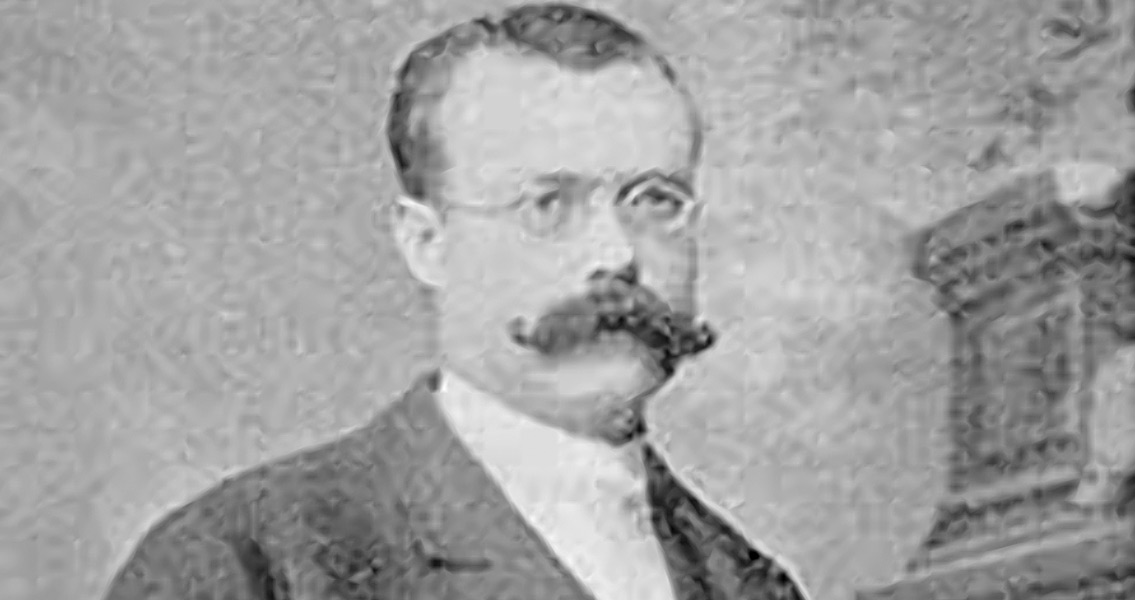<![CDATA[Ten Irish men were hanged in Pennsylvania on 21st June, 1877. It marked the beginning of a series of executions by the US government of men supposedly connected to the Molly Maguires, a mysterious miners union. By 1880 twenty men had been executed, all charged with murder and all apparently linked to the clandestine organisation. In the years since the validity of the men's convictions has been called increasingly into question. The influence of the mining industry over courts, and the biased nature of the investigation carried out by members of the Pinkerton Detective Agency, has led many to conclude that even if some or all of the men were guilty of the charges brought against them, none of them had received a fair trial. Historian Prof. Harold Aurand was unequivocal in his verdict on the executions, and what ultimately motivated them. "one of the most astounding surrenders of sovereignty in American history. A private corporation initiated the investigation through a private detective agency; a private police force arrested the alleged offenders; the coal company attorneys prosecuted them. The state only provided the courtroom and hangman.” In 1979, the state of Pennsylvania granted John Kehoe, the alleged leader of the Molly Maguires and one of the men executed, a full pardon. The Molly Maguires as an organisation is still shrouded in mystery. The name itself originated in early nineteenth century Ireland. Molly Maguire, an Irish widow, was a famous protester against English landlords in the country. She headed a group known as the 'Anti-landlord Agitators', whose members had a reputation for getting into bare knuckled brawls with English land owners. In the middle of the nineteenth century, a massive wave of Irish immigrants headed to the US in search of a better life away from the poverty and English tyranny that had gripped Ireland. Many of these workers headed towards the anthracite coal regions of eastern Pennsylvania, but they quickly found the land of opportunity was in fact one of industrial misery. Widespread anti-Irish feeling meant that many job posters had the clause that 'No Irish Need Apply'. The only jobs available were in the most dangerous, poorly paid mines in the region. Almost completely unregulated, the Pennsylvania mining industry was dominated by a few big mining firms. Workers had no means of negotiating better conditions; the only union, the Workingmen’s Benevolent Association, proving largely ineffective. Irish-Catholic workers formed the Ancient Order of Hibernians as a means to fight for their rights. Although never confirmed, it is believed by many historians that the Molly Maguires were the clandestine, militant wing of the AOH, using it as a legitimate front to recruit members. Some still question whether the Molly Maguires was a real organisation, but the majority of historians take it existence as a fact. Little improvement in conditions in the mines resulted in the 'Long Strike of 1875'. The Molly Maguires were accused of acts of industrial sabotage and violence towards local authorities and mine owners. It is here however, that the differences begin to appear in historians' descriptions of the Molly Maguires. Some argue that these acts of violence were random, sporadic and barely co-ordinated. Others paint a picture of the Molly Maguires as a complicated organisation that even wielded political influence over Democrat politicians. Whatever the case, Frank Gowen, the most powerful mine owner in eastern Pennsylvania, hired the Pinkerton Detective Agency to infiltrate the Molly Maguires. James Parland, an Irish-Catholic man from Ulster, spent two years working undercover, involving himself in union action as he gleaned information. In 1877, murder charges were brought against twenty men, all accused of membership in the Molly Maguires. In a shockingly blatant example of the influence of big business affecting justice and politics, Gowen served as District Attorney of Schuylkill County, essentially leading the prosecution. The men were largely charged with a series of grisly murders of police officials, politicians and mine owners. The bulk of the evidence against those convicted came from the testimony of Parland. Whatever the truth behind the Molly Maguires, the men executed on 21st June 1877 had received anything but a fair trial.]]>
First Molly Maguires Executed
